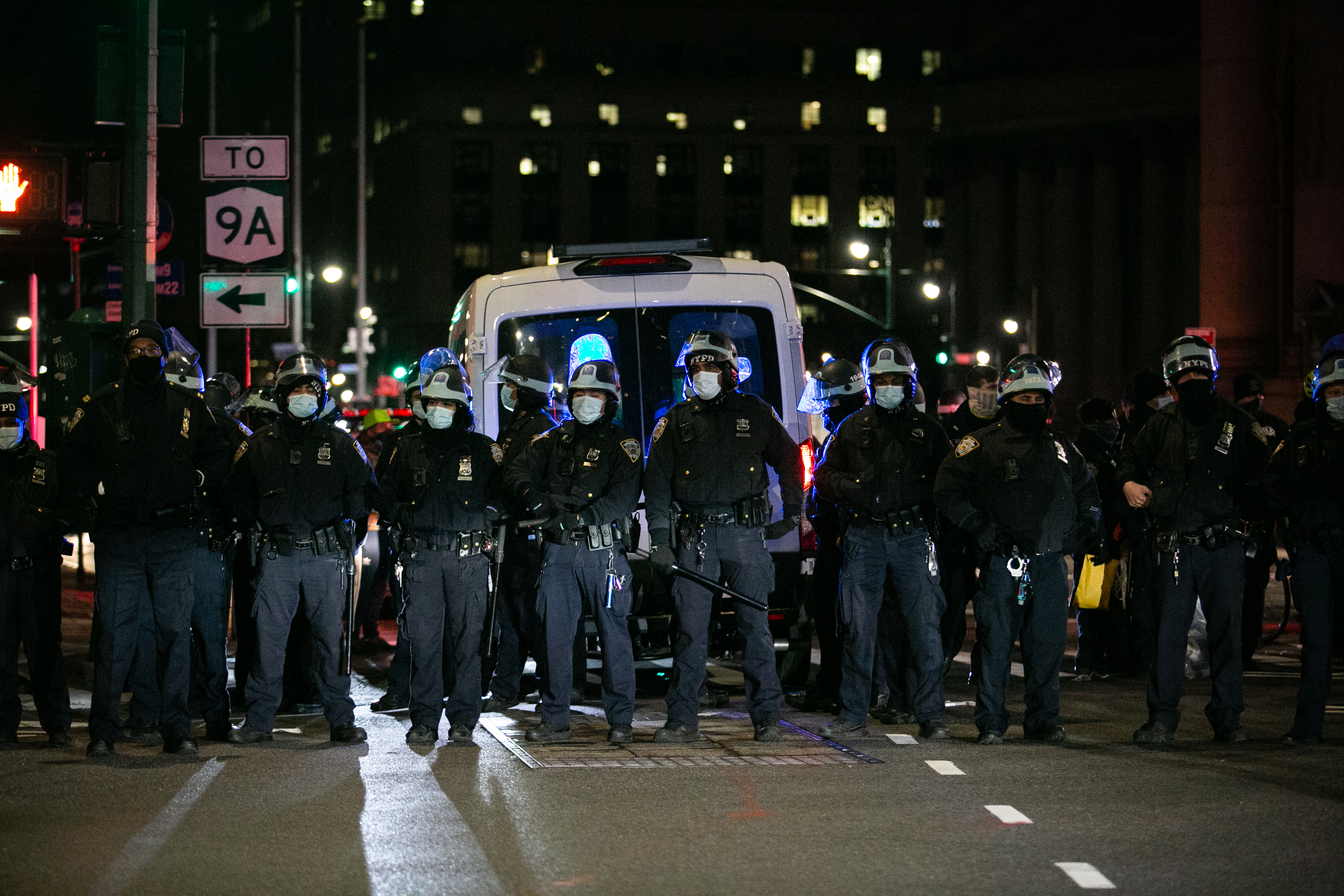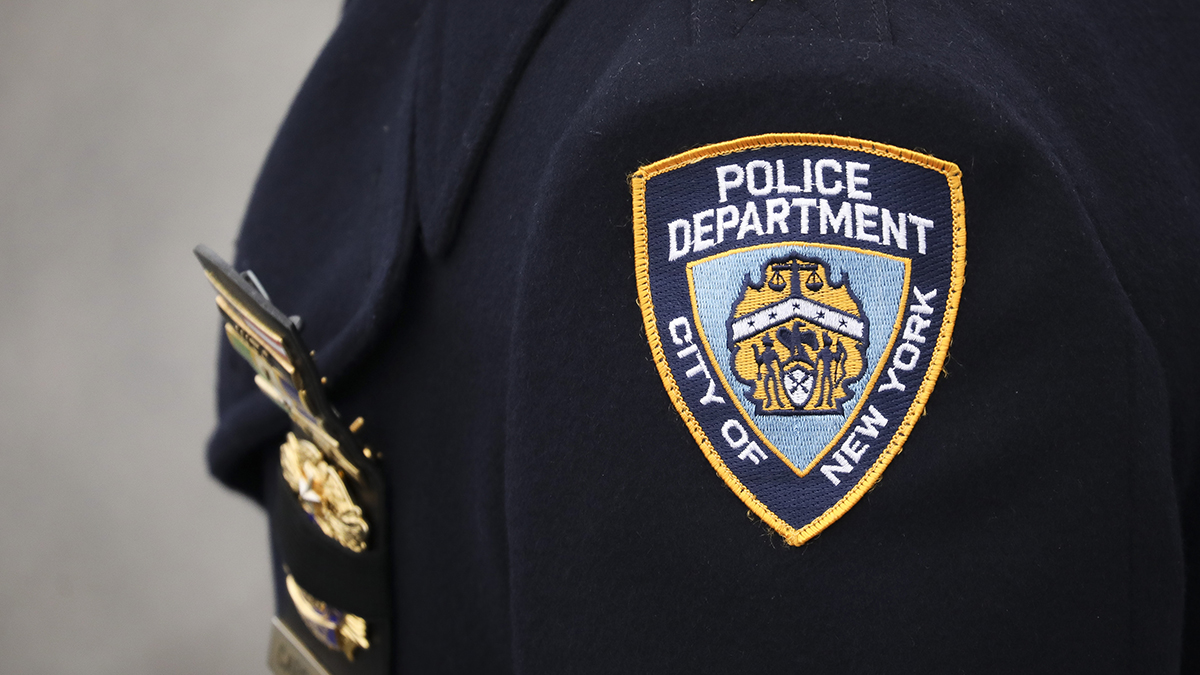A new database of NYPD disciplinary records shows scores of cops have eluded workplace penalties despite being defendants in brutality cases that have cost New York City taxpayers millions of dollars.
The I-Team used the new database to cross-reference NYPD officers named in excessive force lawsuits that settled for $100,000 or more between 2015 and 2018. Of the 97 cops who fit the search criteria, just three showed up as having any disciplinary history at all in the NYPD Member of Service Profile portal.
“Clearly there is a loss of public confidence in the police to police themselves,” said Julie Ciccolini, Director of Law Enforcement Accountability for the National Association of Criminal Defense Lawyers. In her prior work with the Legal Aid Society, Ciccolini helped build CAPstat, a searchable compilation of NYPD cops who’ve been defendants in costly civil rights suits.
After the New York Legislature repealed 50-A, a rule that effectively kept police discipline records secret, Ciccolini reviewed a handful of the NYPD officers who appeared as some of the most frequent defendants in CAPstat. They included cops accused of beating suspects, choking suspects, planting evidence, and lying on official reports. She said they too, had no record of discipline in the newly published data.
“They had no discipline in the database,” Ciccolini said. “It’s pretty crazy to look at their profiles and see what has been alleged - to see absolutely nothing there. And so I really think the NYPD has done this intentionally.”
Get Tri-state area news delivered to your inbox. Sign up for NBC New York's News Headlines newsletter.
The NYPD pushed back on the presumption that departmental discipline should necessarily follow - just because an officer is the subject of a costly legal settlement.
“The filing of a lawsuit should not be conflated with a finding of misconduct,” said Sgt. Edward Riley, an NYPD spokesperson. “In some cases these settlements were simply business decisions on the part of the Law Department without an examination of the evidence supporting the claims. That is why most settlements stipulate that there is no admission or finding of wrongdoing.”
But even when cases go to trial and juries rule against the police, NYPD officers have escaped departmental discipline.
Two years ago, a jury found Detective James Connolly used “excessive force” when he wrestled with a drug suspect while in plainclothes and then fatally shot John Collado, an unarmed bystander who tried to break up the fight. Collado was apparently unaware one of the men involved in the scuffle was an undercover cop. Det. Connolly said he feared for his life when Collado had his arms around his neck. But the jury didn’t believe that explanation, awarding Collado’s family $14 million in compensatory and punitive damages. Later, an appeals court reduced the jury award by $10 million and the parties settled on a payment of $5.5 million.
Despite the steep legal bill and the jury verdict, the new NYPD database shows no disciplinary history for Connolly. He has since been promoted to Sergeant and helps lead the NYPD’s Financial Crimes Taskforce.
The I-Team requested an interview with Connolly, but did not hear back. Sgt. Riley noted that the federal appeals judge found the undercover detective “did not act with evil motive or intent or reckless or callous indifference” when he shot and killed John Collado.
Sam Shapiro, the civil rights lawyer who represented Collado’s family, said the absence of any departmental discipline against Connolly – shows a troubling disconnect between the sensibilities of the public and the sensibilities of police leadership.
“To come away with a jury verdict that he used excessive force - and for that not to result in anything - is incredibly frustrating,” Shapiro said. “I think when a jury of the people concludes that an officer used excessive force, that should mean something within the department and the department needs to act on that.”



